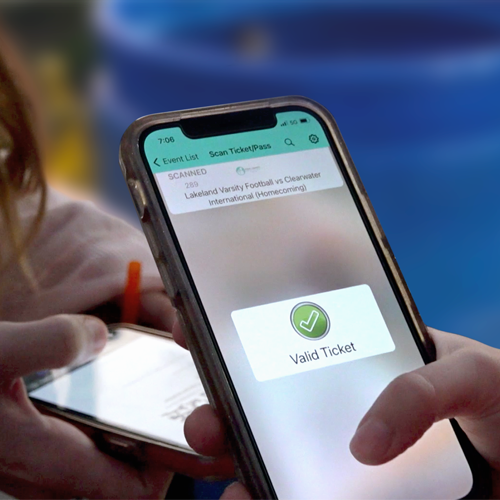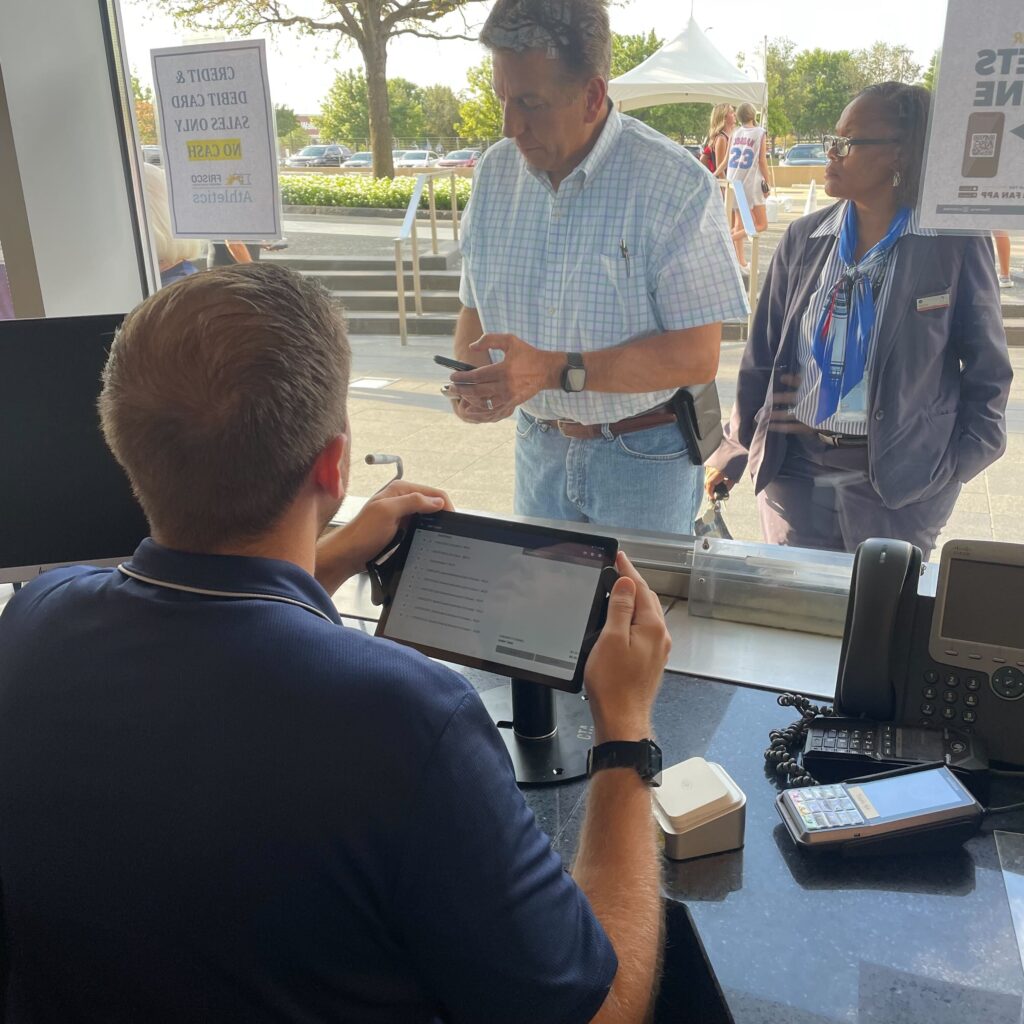Two key components of digital transformation in events management are digital ticketing and digital payments. While they may sound similar, each serves a distinct purpose in streamlining event operations and enhancing attendee experiences. Let’s delve into the differences between digital ticketing and digital payments to better understand their respective roles.
Digital Ticketing: Facilitating Seamless Access and Management
Digital ticketing refers to the process of issuing and managing tickets for events through digital platforms. This encompasses everything from ticket purchase and distribution to admission control and attendee engagement. The primary focus of digital ticketing is to provide attendees with a convenient and hassle-free way to access events while offering organizers valuable insights and control over ticket inventory.

Key Features of Digital Ticketing:
- Convenience: Attendees can purchase tickets online, receive them digitally via email or mobile app, and present them for admission at the event venue. This eliminates the need for physical tickets and allows for easy access using smartphones or electronic devices. In addition to selling tickets, some solutions provide their own Point of Sale devices to assist in selling and taking cash payments at the gate, sell concessions, scanning printed at home tickets, and more.
- Customization: Digital ticketing platforms offer organizers the flexibility to customize ticket types, pricing tiers, and seating arrangements to meet the specific needs of their events. This customization enhances the attendee experience and maximizes revenue potential.
- Security: Advanced security measures such as unique QR codes, encryption, and authentication protocols help prevent fraud and counterfeiting, ensuring that only valid tickets are admitted into the event. With digital tickets it is immensely helpful to be able to keep track of who is in attendance at events at all times.
- Data Insights: Digital ticketing generates valuable data insights, including attendee demographics, purchasing behavior, and ticket sales trends. Organizers can leverage this data to optimize marketing strategies, improve event planning, and enhance overall attendee satisfaction.
Digital Payments: Streamlining Transaction Processes
Digital payments involve the electronic transfer of funds between buyers and sellers for goods or services. In the context of events, digital payments facilitate ticket purchases, merchandise sales, and concessions transactions, providing a seamless and efficient payment experience for attendees and organizers alike. This may look like the digital ticketing platform is taking payments, but actually they partner with digital payment companies that process the payments in the background.

Key Features of Digital Payments:
- Convenience: Attendees can securely pay for tickets, merchandise, and concessions using various digital payment methods, including credit/debit cards, gift cards, mobile wallets, peer-to-peer payment platforms, and more. This eliminates the need for cash transactions and speeds up the checkout process.
- Flexibility: Digital payments offer attendees the flexibility to choose their preferred payment method and complete transactions quickly and securely. Whether it’s tapping a contactless card or scanning a QR code, or one tap online payments, digital payment options cater to diverse preferences and technologies.
- Integrated: Digital payment systems seamlessly integrate with event management platforms, ticketing systems, and point-of-sale (POS) devices, allowing for real-time transaction processing and data synchronization. This integration streamlines backend operations and enhances the overall efficiency of event management processes. It’s so seamless that it makes it look like
- Security: Robust security measures such as encryption, tokenization, and fraud detection protocols safeguard sensitive payment information and protect against unauthorized access or fraudulent activities. This instills confidence in attendees and ensures the integrity of digital payment transactions.
While digital ticketing and digital payments serve distinct purposes within the event ecosystem, they both play integral roles in enhancing attendee experiences. Whether it’s simplifying ticket purchases or facilitating seamless transactions, embracing digital ticketing and digital payments is essential for staying competitive and meeting the evolving needs of today’s tech-savvy audiences.














